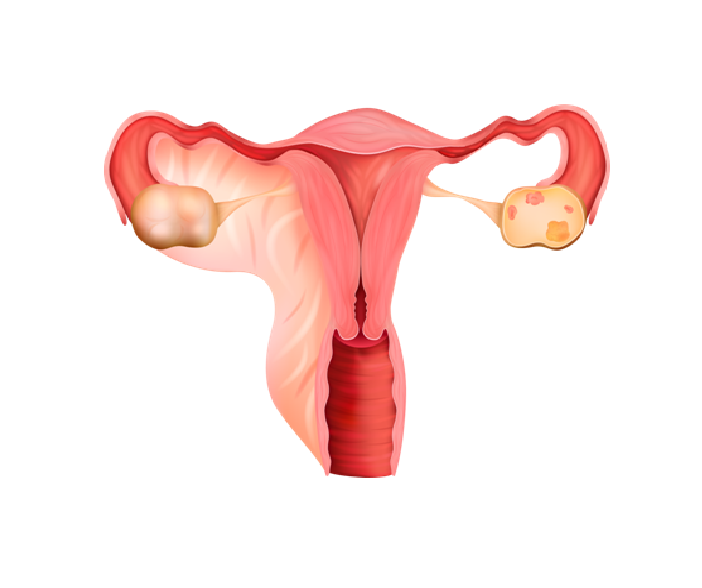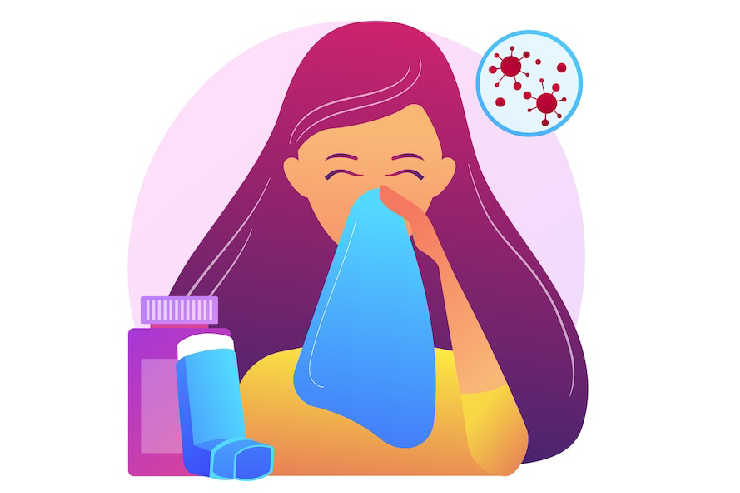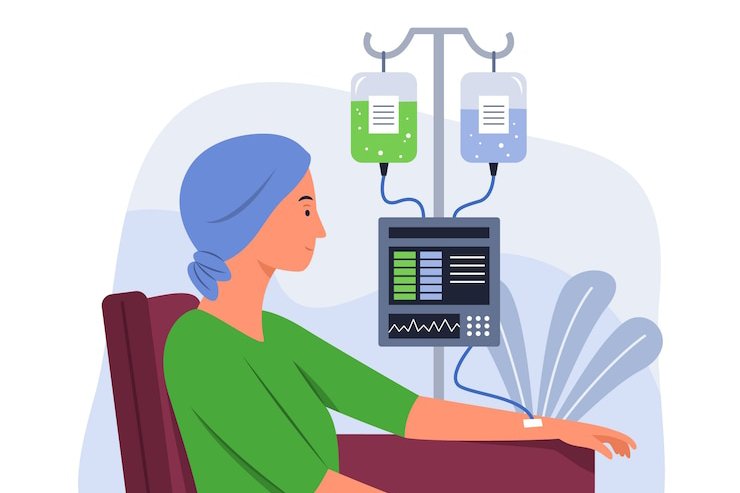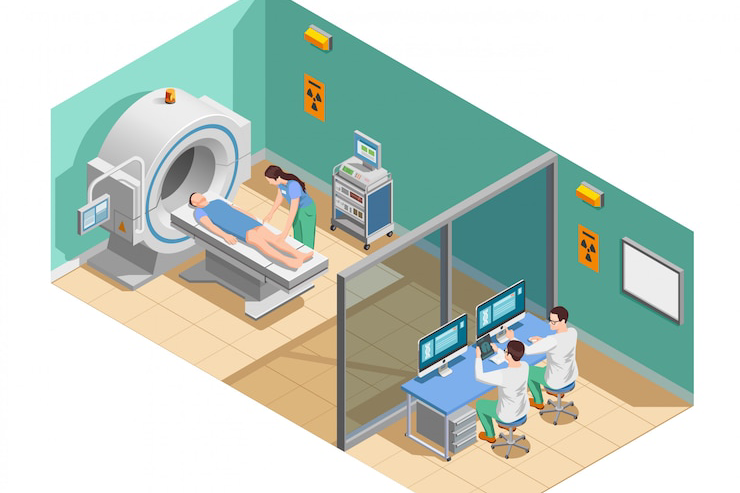
PCOS: The Hidden Puzzle Affecting Millions of Women
Imagine a world where your body’s hormones are like an orchestra—each instrument playing in perfect harmony. Now, imagine if a few instruments started playing out of tune. The result? A symphony that feels off, unpredictable, and sometimes overwhelming. This is what living with Polycystic Ovary Syndrome (PCOS) can feel like for millions of women worldwide.
What Is PCOS, Really?
Polycystic Ovary Syndrome (PCOS) is one of the most common hormonal disorders affecting women of reproductive age, impacting an estimated 6–13% of women globally. Despite its prevalence, up to 70% of women with PCOS remain undiagnosed, often struggling in silence with symptoms that can be confusing and sometimes dismissed by both themselves and healthcare providers.
PCOS is not just about having “cysts” on the ovaries. It’s a complex condition involving hormonal imbalances, irregular menstrual cycles, and elevated levels of male hormones (androgens). These changes can lead to a range of symptoms—some visible, some hidden beneath the surface.
Spotting the Clues: Symptoms of PCOS
PCOS is a master of disguise. Symptoms often begin in adolescence but can fluctuate or go unnoticed for years. Here are some common signs:
- Irregular or missed periods
- Excess hair growth on the face or body (hirsutism)
- Acne and oily skin
- Thinning scalp hair
- Weight gain or difficulty losing weight
- Darkening of the skin, especially around the neck or underarms
- Difficulty conceiving
It’s important to note: Not every woman with PCOS will have all these symptoms. In fact, about 20% of women with PCOS are not overweight, debunking a common myth.
Why Does PCOS Happen?
The exact cause of PCOS remains a mystery, but several factors are believed to play a role:
- Insulin resistance: High insulin levels can boost androgen production, disrupting ovulation.
- Hormonal imbalances: Elevated androgens interfere with the ovaries’ normal function.
- Genetics: A family history of PCOS increases your risk.
- Lifestyle factors: Poor diet, lack of exercise, and chronic stress can worsen symptoms.
Beyond the Ovaries: The Impact of PCOS
PCOS isn’t just about periods and fertility. It’s a condition that can affect your whole body and mind. Women with PCOS have a higher risk of developing type 2 diabetes, high blood pressure, high cholesterol, heart disease, and even endometrial cancer. The emotional toll can be just as significant—body image issues, anxiety, depression, and social stigma are common companions.
Diagnosis: Piecing Together the Puzzle
Diagnosing PCOS can be tricky. Doctors look for at least two of the following three features:
- Irregular or absent periods
- Signs of excess androgens (like acne or excess hair)
- Polycystic ovaries on ultrasound
But here’s the catch: Not all women with PCOS have visible ovarian cysts, and not all ovarian cysts mean PCOS. This is why a thorough evaluation by a healthcare professional is essential.
Living With PCOS: Hope and Management
While there is no cure for PCOS, the good news is that symptoms can be managed effectively. Here’s how:
- Lifestyle changes: Even modest weight loss (5–10% of body weight) can restore regular periods and improve symptoms. A balanced diet, regular exercise, and stress management are key.
- Medications: Birth control pills can regulate periods and reduce androgen levels. Metformin helps improve insulin sensitivity. For those trying to conceive, medications like letrozole may be more effective than traditional options.
- Support and education: Connecting with others and learning about PCOS can empower women to advocate for their health and well-being.
A Personal Note: You’re Not Alone
Behind every statistic is a story. Many women share the frustration of delayed diagnosis and feeling dismissed by healthcare providers. But knowledge is power. By raising awareness and supporting each other, we can change the narrative around PCOS.
Takeaway: Listen to Your Body
If you suspect you have PCOS, don’t ignore the signs. Reach out to a healthcare provider, ask questions, and seek support. At ITM Hospital, we’re committed to helping you solve the PCOS puzzle—because every woman deserves to feel heard, understood, and empowered to live her healthiest life.



